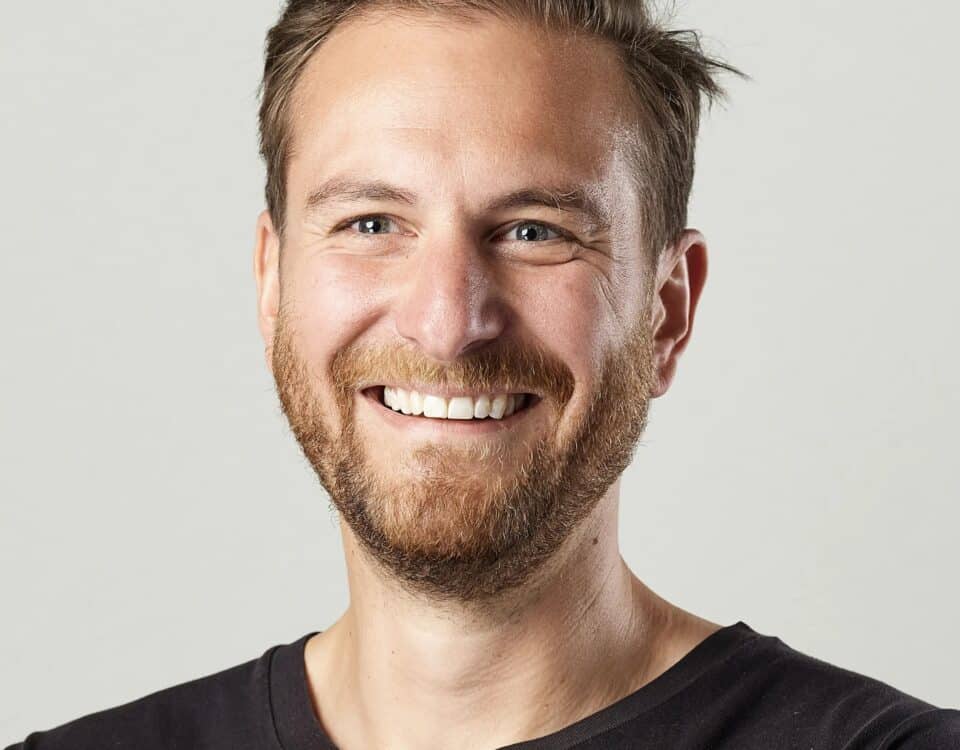Bavarian government flips the switch on new €200 million scale-up fund
July 15, 2021Edinburgh scale-up program opens doors to international applicants
July 22, 2021By Verne Harnish
Sean Gannet started SFG Productions, a Brooklyn, N.Y.-based firm that produces live events from charity galas to corporate conferences, as a freelancer in 2013.
Gannet managed to go from solopreneur to CEO of a fast-growing creative firm with six employees by using the Scaling Up platform, which he first learned about by attending a meeting of the Entrepreneurs’ Organization Accelerator in 2019.
Along the way, he’s built annual revenue from $400-$500,000 to $1 million by using the Scaling Up platform. And he’s done it despite the challenges that the global COVID-19 pandemic brought to the live events industry.
Here’s how he put his firm on the fast track.
Transitioning from freelancers to employees
When Gannet began using the Scaling Up platform, he did much of the work of the business himself, bringing in one or two freelancers when he got busy. But as sales began to pick up in 2019, he hired an account manager and a business manager to keep the business humming.
As Gannet grew the company to six people, he found talent through word-of-mouth and referrals. In doing so, he realized how important it was to hire for culture fit.
He began tailoring his interview questions to make sure candidates fit the company’s Core Values: Calm, collaborate, positive, truth and help do good. For each candidate, the company now asks five core questions about their past jobs, similar to the Topgrading system recommended in Scaling Up: Mastering the Rockefeller Habits 2.0.
* What were you hired to do?
* What were your successes?
* What were your low points?
* Who did you work with?
* How would they rate you?
“That was the cornerstone of the interview process,” he says.
Turning on a dime
When the pandemic hit, Gannet and his team had to shift quickly from a strategy heavily focused on live events, such as galas for charities and corporate conferences. Fortunately, the company had a lot of experience broadcasting from its live events.
The team tapped those skills to dive into online events. “Just because the pandemic hit, it didn’t mean people didn’t need to collect with their clients or donor audience,” he says.
Initially, SFG Productions converted a few of its live events to virtual events. “We had great success with those conversions,” says Gannet. “That helped us gain some momentum with some of our other clients. We’d gather hundreds of thousands of people online to do all the things they used to do in person.”
By the end of June 2020, he says, “We were so slammed with work we were as busy as we’ve ever been. When companies were ready to come back to the table for planning their events, we were ready.”
Aligning a team
To keep everyone on the same page, Gannet holds a daily standup huddle (conducted on Zoom during the pandemic), as well as a monthly meeting.
The daily huddle starts with each team member sharing one word to break the ice and take everyone’s temperature. The word could be anything from “excited” to “coffee” to a client’s name.
“It’s interesting how a one-word opener reveals a lot about people’s state of mind and where they are headed,” says Gannet.
After that, each team member mentions one thing they are proud of from yesterday, one thing they will accomplish today, and any obstacles and concerns for which they need the team’s help. Gannet finds it is a great opportunity to look for “cross-team functionality.”
Staying laser-focused on “Cash”
With SFG Productions growing rapidly, Gannet decided to outsource financial operations to Black Ink Business Services, a financial services company in New York that handles invoicing, accounts payable and accounts receivable, as well as insurance and employee compliance.
Now that the business has grown from $400,000 to $500,000 in annual revenue in 2019 to $1 million in 2020 and a projected $1.3-$1.5 million for 2021, he’s set his sights on hitting $2 million in 2022. “This year is about building a base, so we can make the big leap to doubling,” he says.
With the right systems in place to scale, he’s well-positioned to do just that.


